Last week we broadcast my BBC radio Great Lives episode on Kenneth Williams. The effervescent comedian and presenter Tom Allen chose him. It was just enormous fun. You don’t, as a presenter, need talent to lead a programme on Williams: you just play archive clips and everybody falls about laughing. We certainly did. Funniest of all was his ‘Julian and Sandy’ sketch, about a holiday in Portugal. In the ‘Polari’ gay lingo Williams popularised, he described how they’d both been badly stung. ‘Portuguese man o’war?’ asked their interviewer. ‘I never saw him in uniform,’ Williams replied.
And I fell to thinking: if in 1967 the BBC had broadcast a documentary dealing in anything other than condemnatory terms with promiscuous gay sex, all hell, and Mary Whitehouse, would have broken loose. Yet actors and comedians like Williams (or, in Are You Being Served?, John Inman, and — to a degree — Frankie Howerd in Up Pompeii! and so much else) managed to escape general disapproval, though homosexual acts were imprisonable until 1967, and these performers’ trademark double-entendres were more than risqué: they were downright filthy.
So how did they get away with it? By being funny, self-mocking, and so outrageously camp that there could never be anything remotely threatening in their performances or personae. In a sense their acts mocked homosexuals, but affectionately. We were to be seen as harmless and ridiculous, a different breed from other men, rather like the eunuchs in India. Gays were to be perhaps pitied a bit, but liked. After all, ‘it wasn’t our fault’.
I was 18 in 1967. In those days gay men didn’t just adopt this almost pantomime carapace for dealing with the outside world: many adopted it in our dealings and conversation with each other. It was lived, not assumed. I can remember evenings in the gay corners of local pubs where the chat would be camp, vinegary, exaggerated, effeminate in a Widow Twankey sort of way, half-mocking what we were. ‘She’ was used for other men; and even the vocal chords were tweaked to produce a tight-pitched, up-and-down, slightly whiny sound. One of the last of these was Paul O’Grady, whom I remember in drag in the 1990s as Lily Savage, a sharp and vitriolic compère of Mr Amateur Strip Night, at the White Swan pub in London’s Limehouse.
Many in my youth would have supposed that being homosexual actually caused a person to talk like that, act like that, be like that. To how many people, including ourselves, did it occur that the camp act, the camp voice and demeanour, though these became ingrained in many gay men, had been unconsciously cultivated and then reinforced by imitation? It was self-defence: the adoption of a herd trait which helped us find each other and, when with each other, talk and behave in a way that brought solidarity, the warmth of being alike in a world that was not like us and did not like us. It was about gang membership. Polari was the ultimate expression of this: our own language, even! It was an idiom; it was a laugh; it seemed harmless.
But I remember, even as a youth, feeling doubtful about the terms of membership of this inviting, comforting club. Did I have to talk like that too? I’ve never had any talent for camp, though I think it brilliantly amusing in others. Very early in my twenties I began to feel the need to organise, to seek a solidarity that resided in more than sharing in-jokes and a funny voice. I was to become one of what James Lees-Milne sneeringly called (referring to me) as ‘these campaigning homosexuals’. And I could not think that aping Jules and Sandy was a helpful way of making our case for equality to the rest of the ‘straight’ world. Nor (and this seemed such a powerful argument) were these the best role models for boys and girls in sixth forms contemplating careers in (say) the army or construction or engineering. Gays shouldn’t think they had to be hairdressers, airline stewards or fashion designers. We gay men shouldn’t sell out on our masculinity to conform with a surely obsolete idea of what a gay man should seem to be.
Yet I could also see how brave the Inmans and Williamses and Howerds and (more recently) the Savages and Julian Clarys were. The emancipation of any persecuted minority must pass through a transitional phase: in our case, from hiding completely to achieving complete equality. That transitional phase involved self-mockery, caricature and an element of pathos. Those men really did ‘come out’ in a way that no modern gay needs to — even if some of them never publicly acknowledged their sexuality. It took real guts. Many of them are still alive today, some younger than me. I salute and adore them.
But what it is to be gay is changing, moving into a changed Britain. More and more, we’re wanting not to be different, seen differently. The transitional phase was about emerging. We’ve emerged now. The rest of this century will be about merging. The Pride marches with drag queens and dildosalready feel so 20th century. Along with the upcoming generation of gay men and women, I’m not very interested in dildos or drag queens. The archetypal gay man of the century ahead won’t appear or behave notably differently from his straight friends, except in his choice of mate.
I like Paul O’Grady on BBC Radio 2, though for me the hint of acid is still what makes him. I do sometimes grit my teeth at Alan Carr and Melanie Sykes — they can sound a bit patronising — but they make me laugh and Carr’s intelligence shines through. But if the BBC think such signings proof of the Corporation’s inclusivity, they’re out of date.
Something will be lost when capering gays are seen as 20th-century period pieces, though some of them are among my best friends. The next generation will be more boring. But what I worked for since entering parliament will have been achieved. I wanted it not to matter.
Got something to add? Join the discussion and comment below.
Get 10 issues for just $10
Subscribe to The Spectator Australia today for the next 10 magazine issues, plus full online access, for just $10.
You might disagree with half of it, but you’ll enjoy reading all of it. Try your first month for free, then just $2 a week for the remainder of your first year.


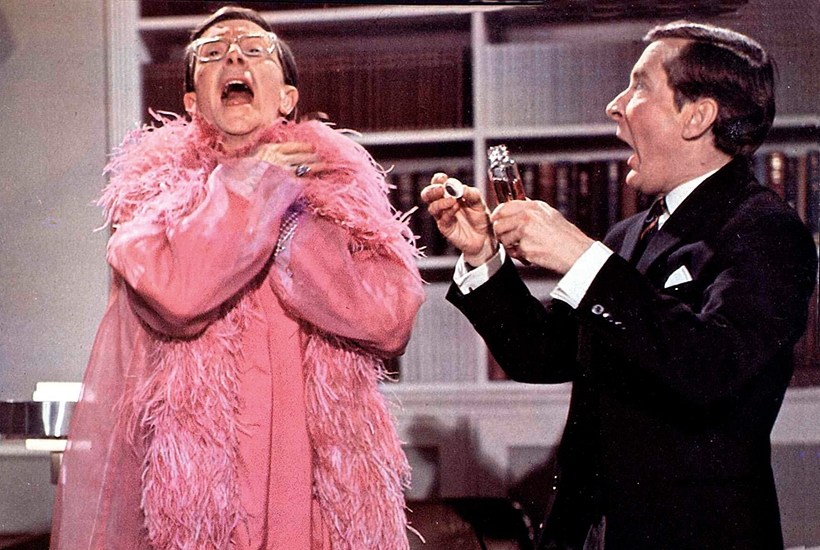
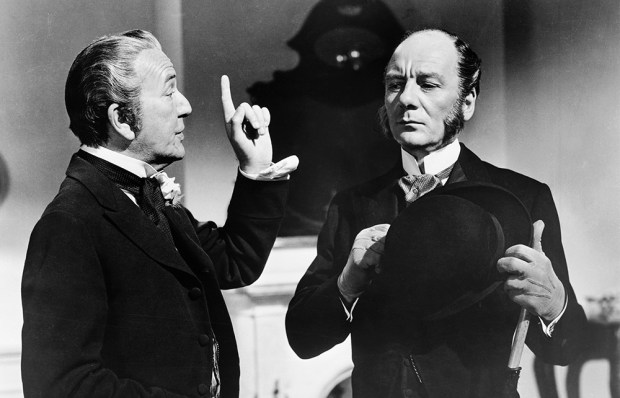
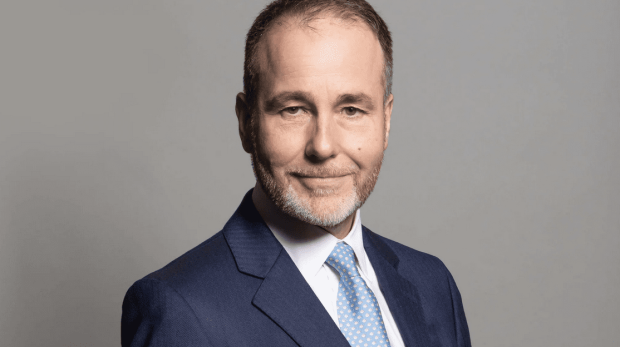
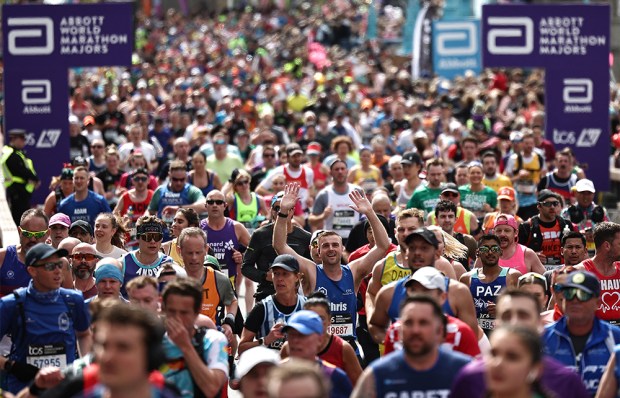

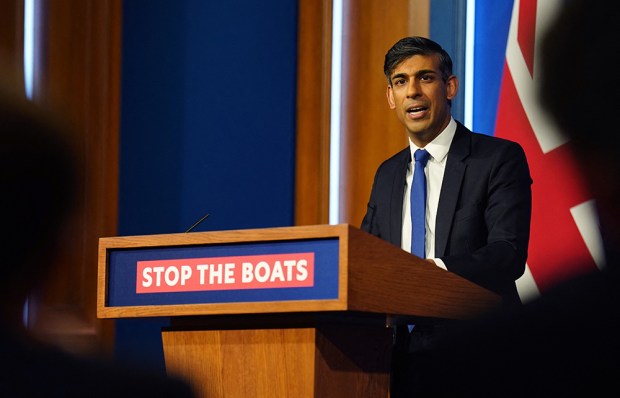
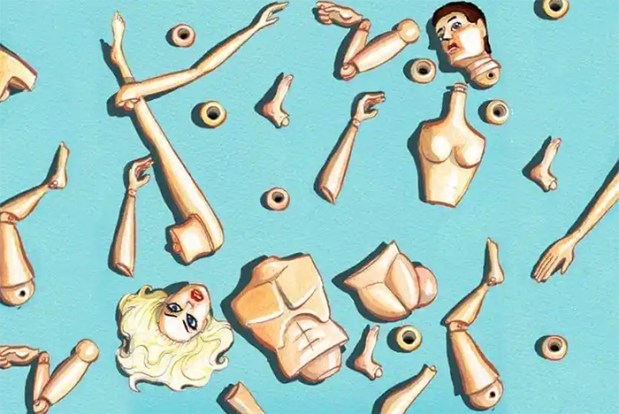






Comments
Don't miss out
Join the conversation with other Spectator Australia readers. Subscribe to leave a comment.
SUBSCRIBEAlready a subscriber? Log in